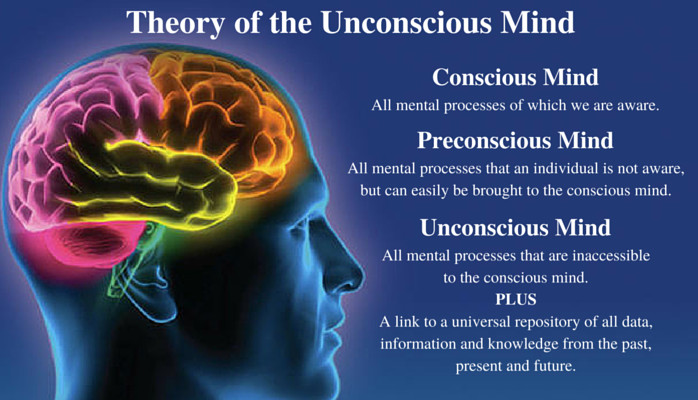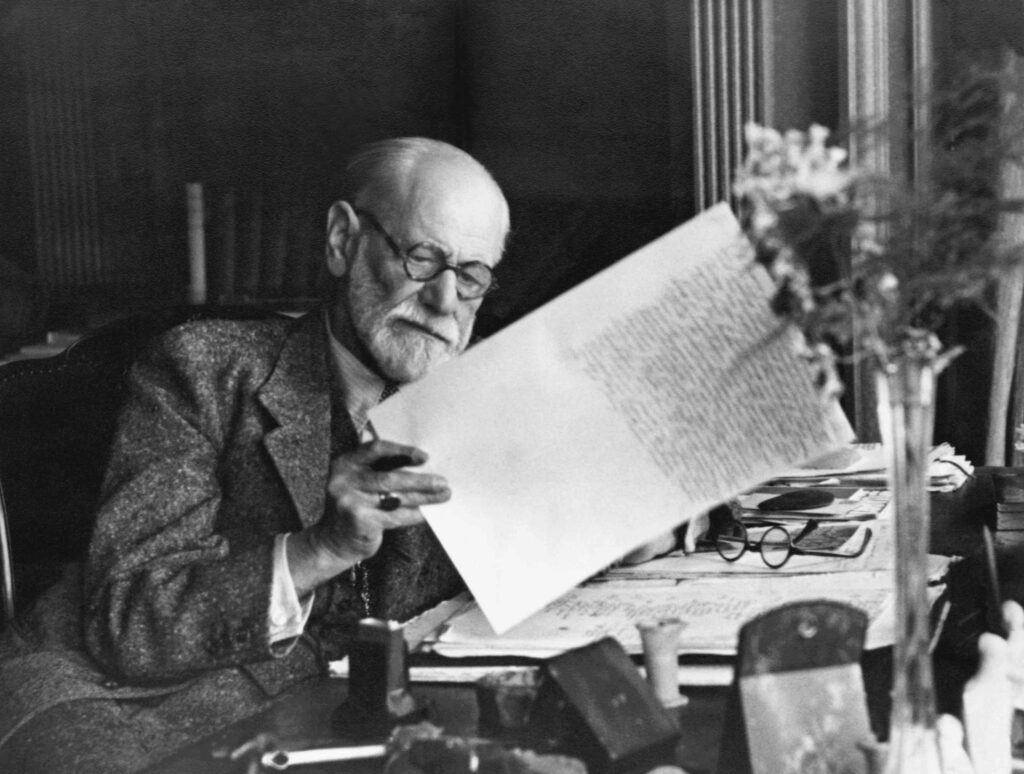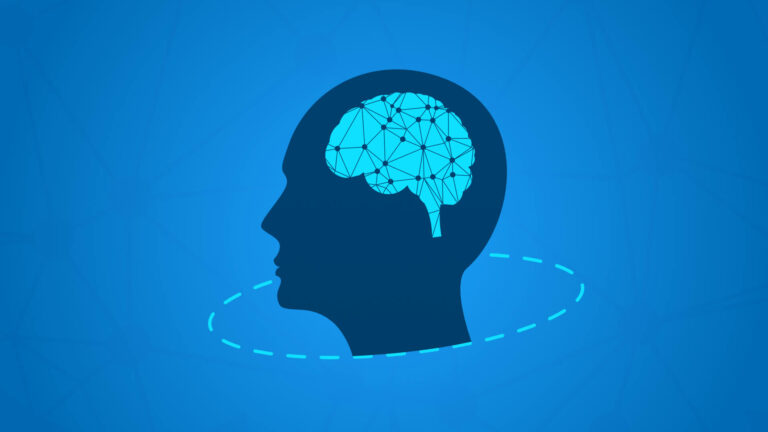Welcome to an exploration into one of psychology’s most intriguing questions.
When was the concept of the unconscious mind invented? This comprehensive guide delves into historical developments, key figures, and transformative theories that shaped our understanding of unconscious processes influencing human behavior. Join us as we trace the evolution of this fascinating concept from its philosophical roots to its central role in modern psychology.
Mastering Confidence: Traits of the Self-Assured

Early Philosophical Foundations of the Unconscious Mind
Before it became a cornerstone of modern psychology, the idea of an unconscious mind had roots in philosophical thought.
Plato and the Ancient Insights into the Unconscious
Plato suggested that an aspect of the human psyche remains hidden from conscious awareness. He used the allegory of the charioteer to describe reason’s struggle with the soul’s spirited and appetitive elements.
Leibniz’s ‘Petites Perceptions’ and the Unseen Mind
Gottfried Wilhelm Leibniz, in the 17th century, introduced ‘petites perceptions’—subtle perceptions that are individually unnoticed but cumulatively impact our conscious thoughts and behaviors. Learn more about Leibniz’s contributions to philosophy on the Stanford Encyclopedia of Philosophy.
The Concept’s Evolution in Modern Psychology
The modern understanding of the “unconscious mind” began taking shape in the 18th and 19th centuries, with significant philosophical and psychological contributions.
Carl Gustav Carus: Coining ‘Unconscious’
Carl Gustav Carus was one of the first to formally propose the unconscious mind concept in the early 19th century. He believed the unconscious plays a significant role in shaping our experiences and creativity.
Influence of Schopenhauer and Nietzsche on the Unconscious Mind
Arthur Schopenhauer and Friedrich Nietzsche expanded the idea. “Human behavior is largely governed by irrational drives beyond conscious awareness”. For deeper insight into their philosophical impact, visit The Nietzsche Page and Schopenhauer’s essays.
Freud’s Revolutionary Ideas on the Unconscious Mind
Sigmund Freud was pivotal in popularizing the unconscious mind concept beyond academic circles.

Freud’s Theory of the Unconscious Mind
Freud proposed that the unconscious mind serves as a repository for repressed desires, memories, and impulses. He developed techniques like dream interpretation and free association to explore these hidden psyche aspects. For more information, visit the Freud Museum London.
Jung’s Collective Unconscious
Carl Jung introduced the notion of the collective unconscious, which he described as a set of shared memories and archetypes common to all humans. Further explore Jung’s theories at The Jung Page.
Modern Psychological Perspectives on the Unconscious Mind
The concept of the unconscious mind is now integral to various psychological theories and practices.
Cognitive Psychology’s Embrace of the Unconscious Mind
Today’s cognitive psychology often explores how unconscious processes influence thoughts, perceptions, and behaviors. Research on cognitive biases and implicit memory helps us understand these unconscious influences better. Relevant studies can be found on ScienceDirect.
Hidden Traits: How Do You Know Someone’s True Personality?
Neuroscience’s Contributions to Understanding the Unconscious Mind
Advances in neuroscience have allowed for more direct study of the unconscious mind’s mechanisms. Techniques like functional magnetic resonance imaging (fMRI) provide insights into brain activity below conscious awareness. Check out recent neuroscience research on PubMed.
Concluding Thoughts: The Concept of the Unconscious Mind
When Was the Concept of the Unconscious Mind Invented? With roots in ancient philosophy, formal recognition occurred mainly in the 18th and 19th centuries, culminating in the influential works of Freud and Jung. As we continue to explore this complex aspect of human psychology, the contributions of numerous thinkers underscore the richness of the unconscious mind in our quest to understand human behavior.


